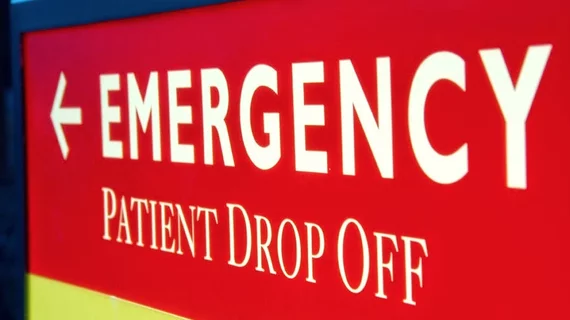The tale of a 14-year-old patient in Delaware demonstrates the fascinating connection between COVID-19 and multisystem inflammatory syndrome in children (MIS-C). According to a new case study published in Progress in Pediatric Cardiology, the patient also represents one of the earliest cases of MIS-C ever identified in the United States.
The patient was originally admitted to the emergency room at Nemours Children's Health System in Delaware in April 2020 with a four-day history of fever, fatigue and abdominal pain. Testing negative for COVID-19, the patient was admitted to the hospital’s general pediatric ward—but his condition grew much worse. He was soon suffering from several new symptoms, including severe diarrhea, an even higher fever, a rash, chest pain, fluid in the lungs and decreasing heart function—and providers were unsure what to make of the patient’s situation.
After 12 days in the hospital—and treatments such as penicillin, ceftriaxone, epinephrine, phenylephrine, milrinone, intravenous immune globulins and high-dose aspirin—the patient was finally discharged.
And an antibody test later revealed that, yes, he had in fact had COVID-19.
The care team uses its experience with this young patient to develop a plan for the early recognition and treatment of MIS-C.
“There are lessons to be learned from this case, the most critical being to maintain your suspicion if there are several plausible diagnoses,” senior author Deepika Thacker, MD, a pediatric cardiologist with Nemours Children's Health System, said in a statement. “This allowed us to remain vigilant and adapt treatment as we went, based on the signals and symptoms we were seeing.”
The full case study is available here.

